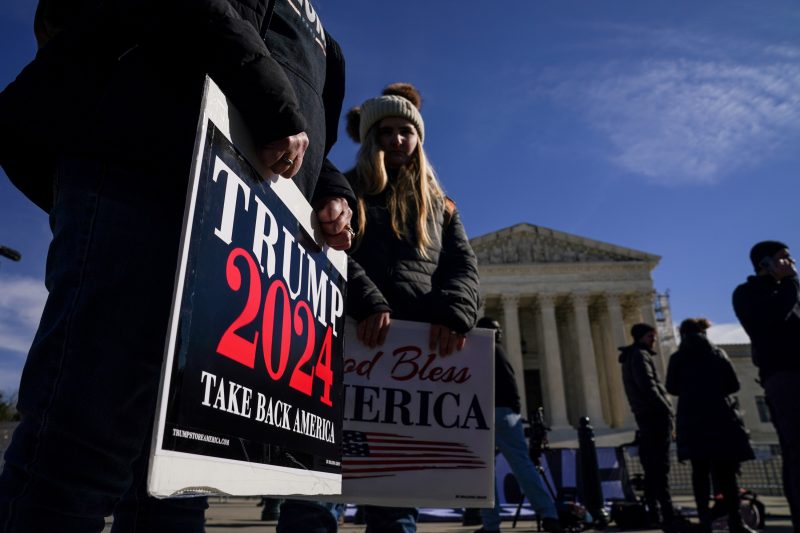In a recent ruling regarding the 2020 election, a federal judge dismissed a lawsuit challenging the validity of ballots cast by drive-thru voters in Harris County, Texas. The decision brought both clarity and new questions to the forefront of the ongoing debate surrounding the election process.
The lawsuit, filed by conservative activist Steven Hotze, aimed to invalidate nearly 127,000 votes cast through drive-thru polling stations in the Houston area. Hotze alleged that drive-thru voting violated the U.S. Constitution and state election laws, claiming that it created an unconstitutional two-tier voting system. However, U.S. District Judge Andrew Hanen dismissed the case, ruling that the plaintiffs lacked standing to challenge the votes.
Hanen’s ruling provided a clear answer to the specific legal challenge brought before the court. By dismissing the lawsuit on procedural grounds, the judge avoided addressing the constitutional questions raised by the plaintiffs. This decision underscores the importance of legal standing in election-related lawsuits and sets a precedent for future challenges to the election process.
Despite offering clarity on the immediate legal issue, the ruling has sparked new questions and concerns among both supporters and critics of the election process. Some have raised doubts about the integrity of drive-thru voting and other alternative methods used during the 2020 election, arguing that they create vulnerabilities for potential fraud or abuse.
In light of the ruling, there is a renewed focus on the need for clear and consistent election guidelines to ensure the integrity and transparency of the voting process. The debate over drive-thru voting in particular highlights the broader challenges facing election officials as they strive to balance accessibility and security in the face of evolving technology and changing voter preferences.
Moving forward, it is imperative that policymakers and election officials work together to address these concerns and enhance public confidence in the electoral system. By engaging in constructive dialogue and implementing robust safeguards, we can strengthen the democratic process and uphold the fundamental principles of fair and free elections for all citizens.
In conclusion, while the recent ruling in the Harris County drive-thru voting case has provided some clarity on the legal issues at hand, it has also raised new questions about the future of election procedures in the United States. By remaining vigilant and proactive in addressing these concerns, we can uphold the integrity of our democratic institutions and ensure that the voices of all voters are heard and respected.

